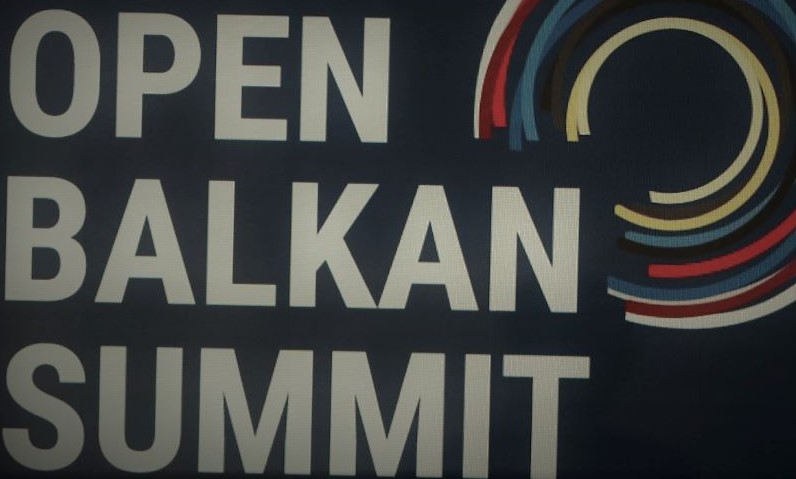As a smaller, more operational format of cooperation between countries that do not have open bilateral issues, the Open Balkan has managed to make several important breakthroughs in the “four freedoms” package.

Jelica Minić
The fourth summit of leaders of the Open Balkan initiative took place in Ohrid on June 7, 2022. It has been met with reluctance from its very beginning, but it has also shown undoubtful results that benefit citizens, and especially business people, in all three countries that launched it. Since the first summit in Novi Sad on October 10, 2019, when Serbia, Northern Macedonia and Albania announced a joint commitment to introduce four freedoms in their mutual economic relations – freedom of movement of goods, services, capital and people – other members of the Western Balkan 6 have met this initiative, then called “Mini Schengen”, with distrust and doubt. Even citizens of initiative member countries did not understand what it was about. Resistance to the launch of the Regional Economic Area for the Western Balkans, an initiative prepared by the regional organizations Regional Cooperation Council and CEFTA as key actors, promoted and supported by the Berlin Process at the Trieste Summit of July 2017 had just been overcome.
At the Berlin Process Summit in Sofia in July 2020, the Regional Economic Area was upgraded and presented under the now new name of the Common Regional Market of the Western Balkans. The four freedoms are again the focus of this initiative, alongside support for digitalization, harmonization of investment policies towards small and medium-sized businesses, especially young entrepreneurs and innovators. But while the initiative involved all six members of the Western Balkans, from the summit to the Berlin Process summit, important agreements have been difficult to sign due to strained relations between Serbia and Kosovo, such as the one on digitalization co-operation which was signed with difficulty at the 2019 Digital Summit in Belgrade. This also applies to the Agreement on Mutual Recognition of Diplomas and Qualifications, which was by no means finally harmonized, hindering the free movement of labor in the region.
Unlike the Berlin Process format, which gave political weight and authority to what regional organizations prepared in co-operation with the six national administrations of the Western Balkans, the Open Balkan – as a smaller, more operational format of cooperation between countries that do not have open bilateral issues – has managed to make several important breakthroughs in the “four freedoms” package. First one being the joint, integrated management of border crossings, like the Tabanovci border crossing between Serbia and Northern Macedonia, which enabled smooth movement of passengers and goods seven days a week, all 24 hours of uninterrupted operation of passport, customs, sanitary and phytosanitary services, benefiting all road users. The enormous advantage of this cross-border traffic regime was demonstrated during the Covid 19 pandemic, when all countries in the region joined the facilitated border crossing regime for a number of goods established in Europe, called “green corridors”.
Another important success is the promotion of the common labor market, for which the Agreement on Mutual Recognition of Diplomas and Scientific Titles has just been signed in Ohrid, as one of the main preconditions.
The biggest drawback of this initiative is that it does not include all 6 members of the Western Balkans. The presence of the Prime Minister of Montenegro, Dritan Abazović, and the President of the Council of Ministers of Bosnia and Herzegovina, Zoran Tegeltija, as observers at the summit in Ohrid can be interpreted as a sign of greater inclusion. Further signals of the initiative’s future can be seen in the statement of European Commissioner for Enlargement Oliver Varheyli, who said that the initiative has EU support; the statement of US Special Envoy for the Western Balkans Gabriel Escobar, who said that the US supports the Open Balkan, but that it should be inclusive, cooperate and integrate within the wider European structure, that it should be exclusively an economic, not a political initiative, and the way it functions should be clearer.
Only three days later, on June 10, at the summit of the South East European Cooperation Process in Thessaloniki, participants called for the implementation of the Common Regional Market of the Western Balkans, under the auspices of the Berlin Process, ignoring the Open Balkans.
Jelica Minić, President of the European Movement in Serbia



Leave A Comment